Description
KIKI’s Raw Organic Pea Protein Powder is derived from organically grown yellow peas.
It is a vegetable rich protein that is low in fat meaning it is free from any animal products and genetically modified materials, making it a perfect alternative for vegetarians and vegans.
Pea protein powder is a versatile ingredient and blends well into a smoothie or juice.
It has a smooth texture, with no distinctive taste that mixes easily with both liquids and foods.
Product Features:
✓ Naturally high in Protein
✓ Rich in Iron
✓ Rich in Calcium
✓ Rich in Zinc
✓ Rich in Copper
✓ Source of Magnesium
✓ Vegan/hypoallergenic
✓ Easily mixes into both sweet and savoury foods
KIKI’s Organic Pea Protein Powder contains over 82% natural plant-based protein, which is essential for anyone wishing to maintain or build muscle.
Nutritional Benefits:
Protein
- Protein contributes to a growth in muscle mass
- Protein contributes to the maintenance of muscle mass
- Protein contributes to the maintenance of normal bones
Calcium
- Calcium contributes to normal blood clotting
- Calcium contributes to normal muscle function
- Calcium contributes to normal neurotransmission
- Calcium contributes to the normal function of digestive enzymes
- Calcium has a role in the process of cell division and specialisation
- Calcium is needed for the maintenance of normal bones
- Calcium is needed for the maintenance of normal teeth
- Calcium contributes to normal energy-yielding metabolism
Iron
- Iron contributes to normal cognitive function
- Iron contributes to normal energy-yielding metabolism
- Iron contributes to normal formation of red blood cells and haemoglobin
- Iron contributes to normal oxygen transport in the body
- Iron contributes to the normal function of the immune system
- Iron contributes to the reduction of tiredness and fatigue
- Iron has a role in the process of cell division
Copper
- Copper contributes to maintenance of normal connective tissues
- Copper contributes to normal energy-yielding metabolism
- Copper contributes to normal functioning of the nervous system
- Copper contributes to normal hair pigmentation
- Copper contributes to normal iron transport in the body
- Copper contributes to normal skin pigmentation
- Copper contributes to the normal function of the immune system
- Copper contributes to the protection of cells from oxidative stress
Zinc
- Zinc contributes to normal acid-base metabolism
- Zinc contributes to normal carbohydrate metabolism
- Zinc contributes to normal cognitive function
- Zinc contributes to normal DNA synthesis
- Zinc contributes to normal fertility and reproduction
- Zinc contributes to normal macronutrient metabolism
- Zinc contributes to normal metabolism of fatty acids
- Zinc contributes to normal metabolism of vitamin A
- Zinc contributes to normal protein synthesis
- Zinc contributes to the maintenance of normal bones
- Zinc contributes to the maintenance of normal hair
- Zinc contributes to the maintenance of normal nails
- Zinc contributes to the maintenance of normal skin
- Zinc contributes to the maintenance of normal testosterone levels in the blood
- Zinc contributes to the maintenance of normal vision
- Zinc contributes to the normal function of the immune system
- Zinc contributes to the protection of cells from oxidative stress
- Zinc has a role in the process of cell division
Magnesium
- Magnesium contributes to a reduction of tiredness and fatigue
- Magnesium contributes to electrolyte balance
- Magnesium contributes to normal muscle function
- Magnesium contributes to normal energy yielding metabolism
- Magnesium contributes to normal functioning of the nervous system
- Magnesium contributes to normal protein synthesis
- Magnesium contributes to normal psychological function
- Magnesium contributes to the maintenance of normal teeth
- Magnesium contributes to the maintenance of normal bones
- Magnesium has a role in the process of cell division

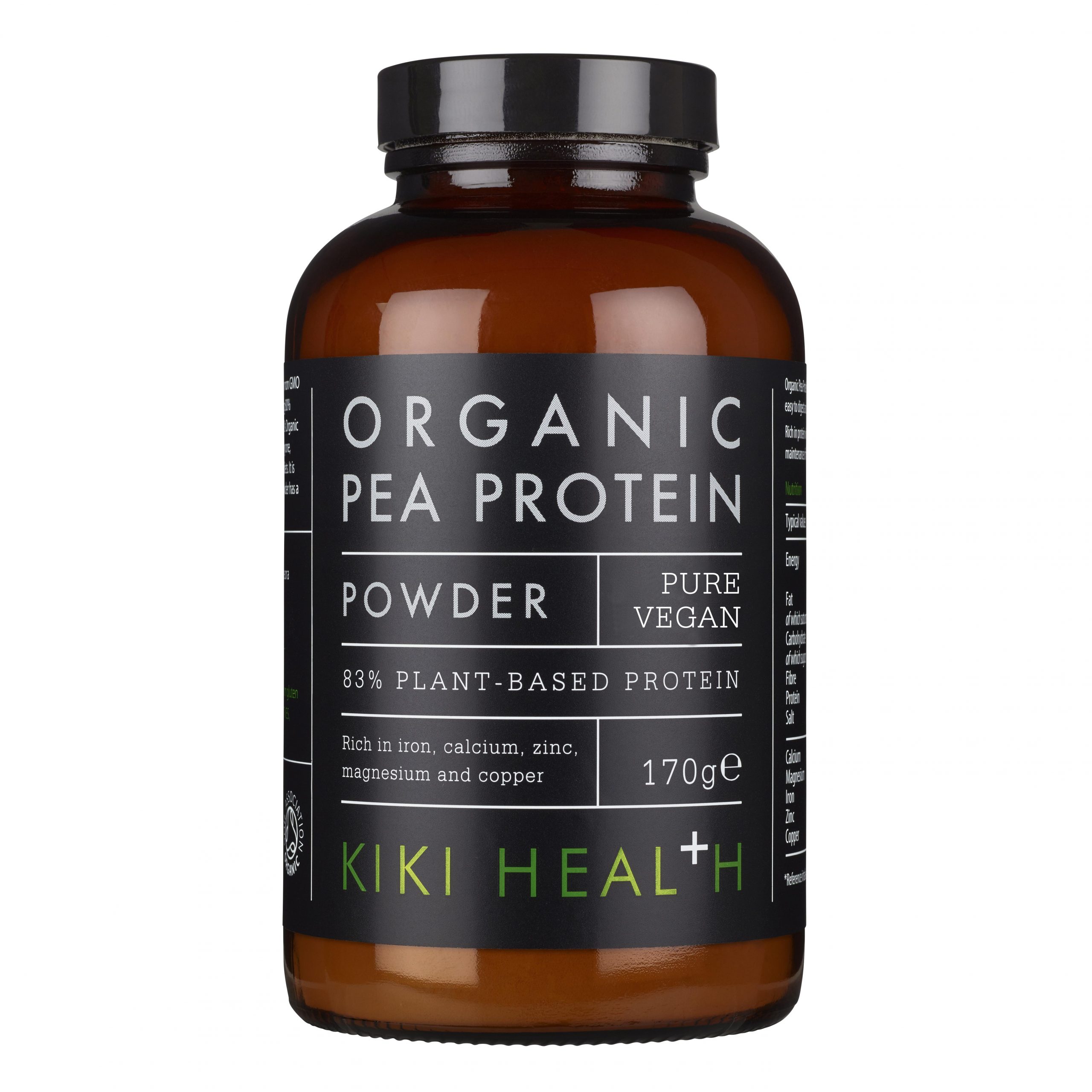
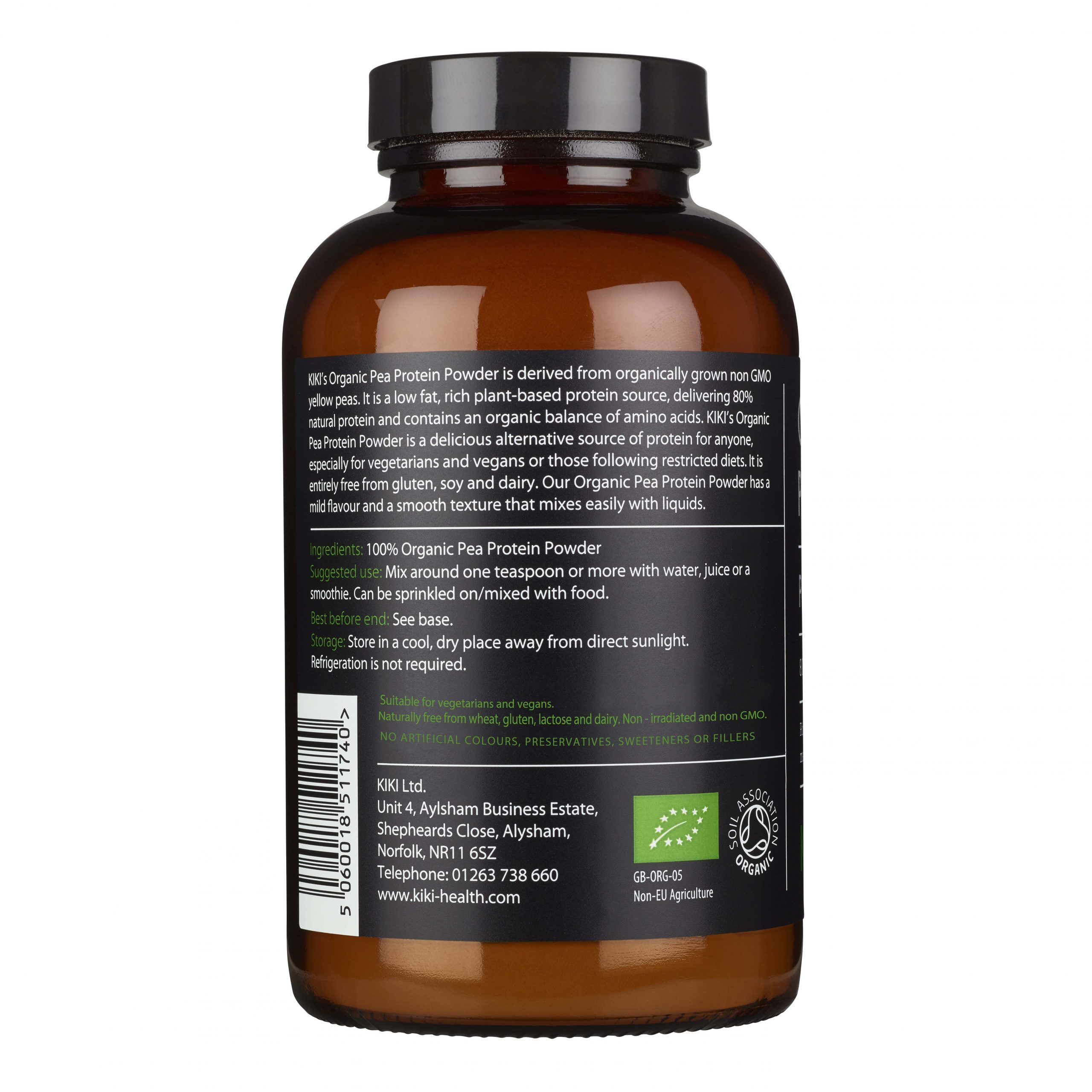
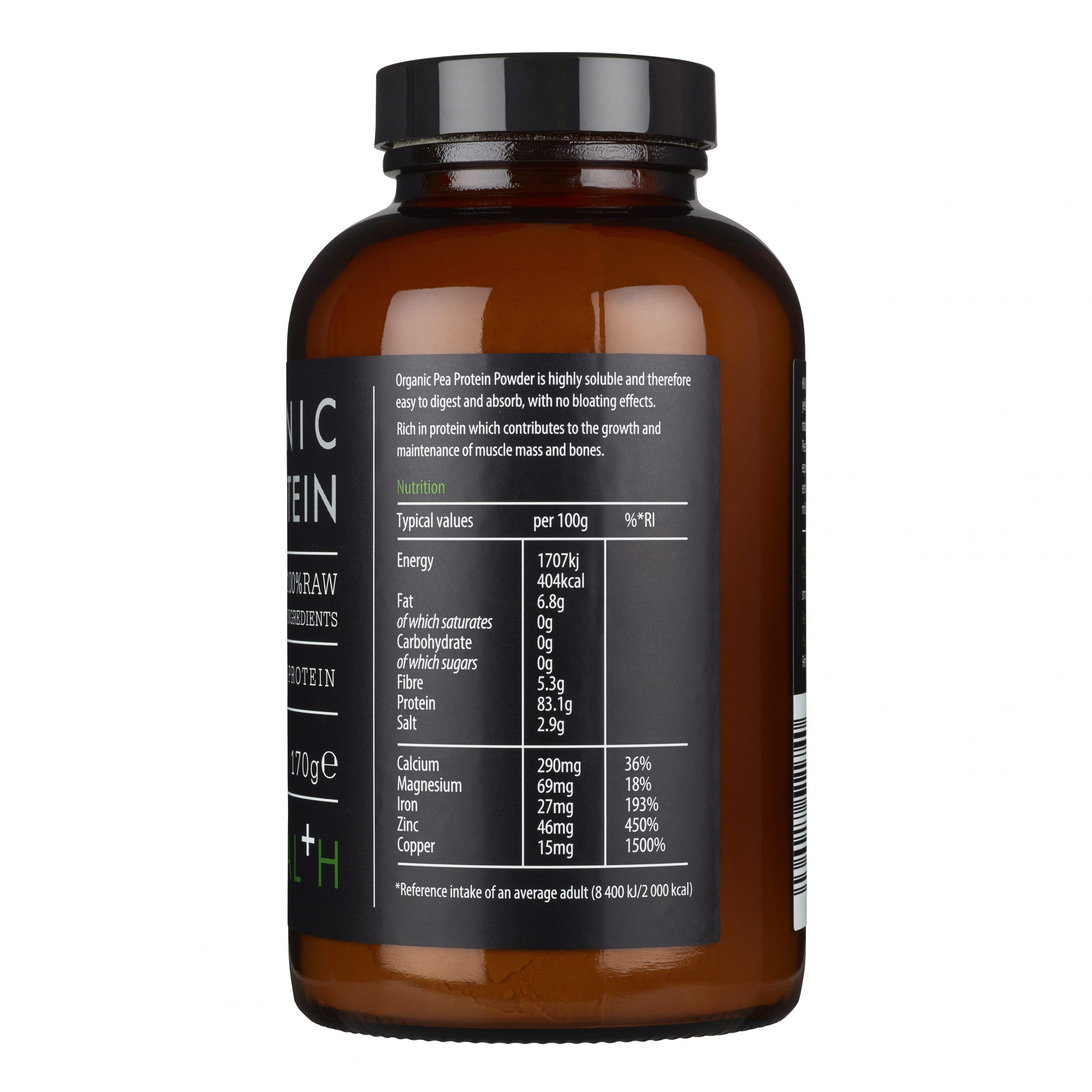






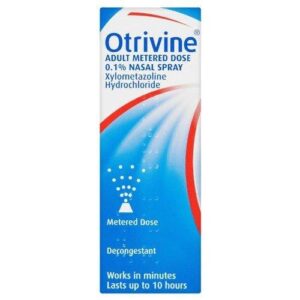
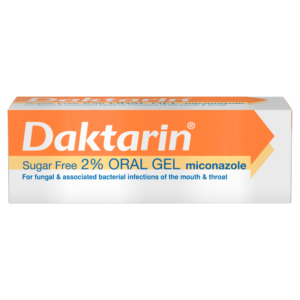

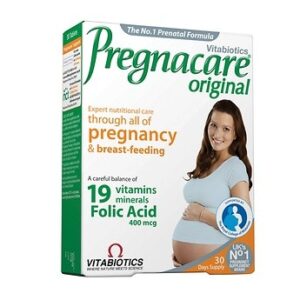
Reviews
There are no reviews yet.